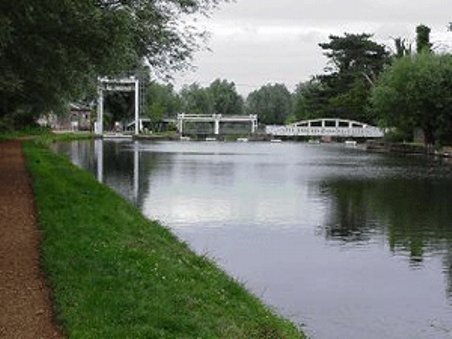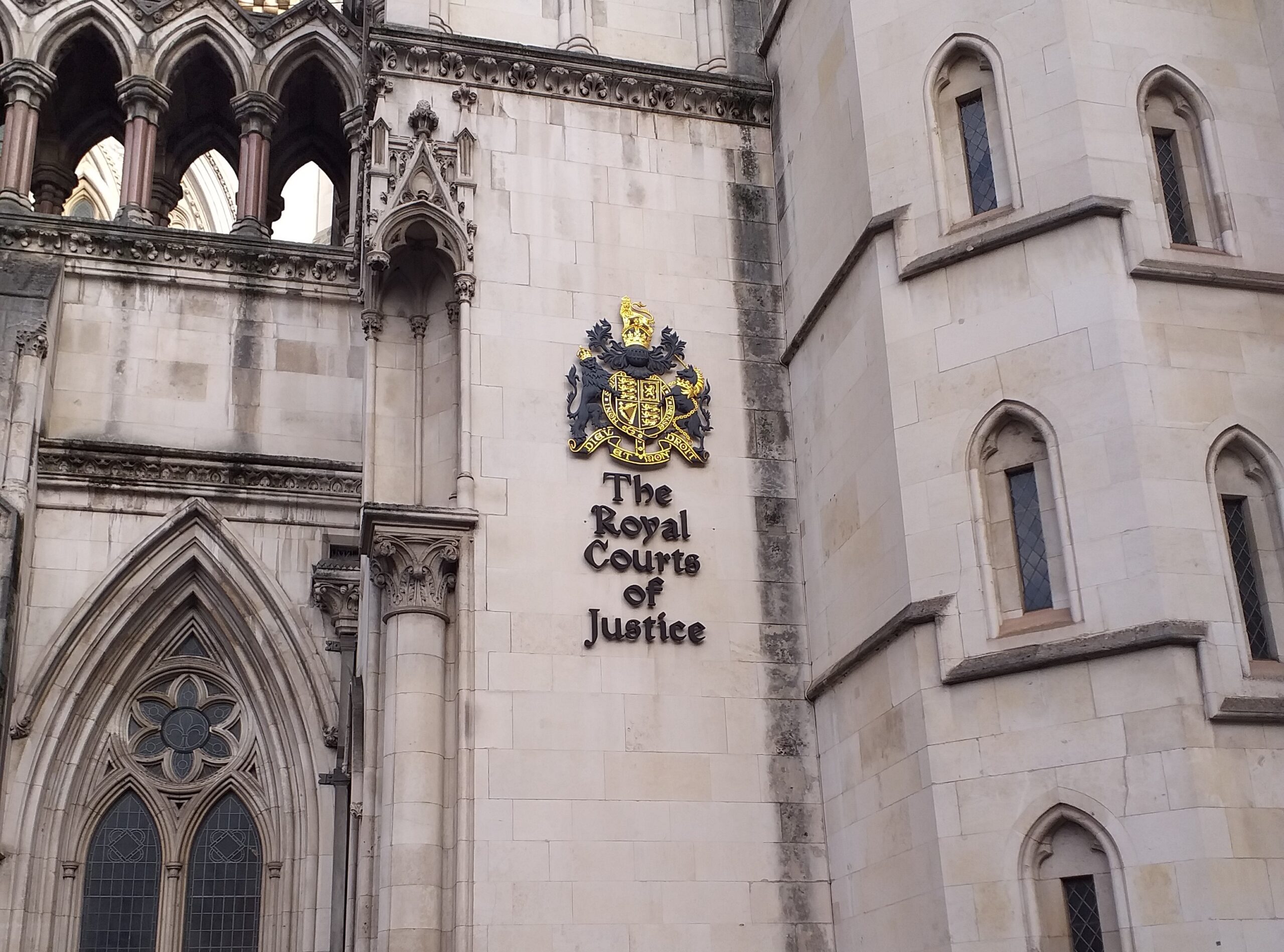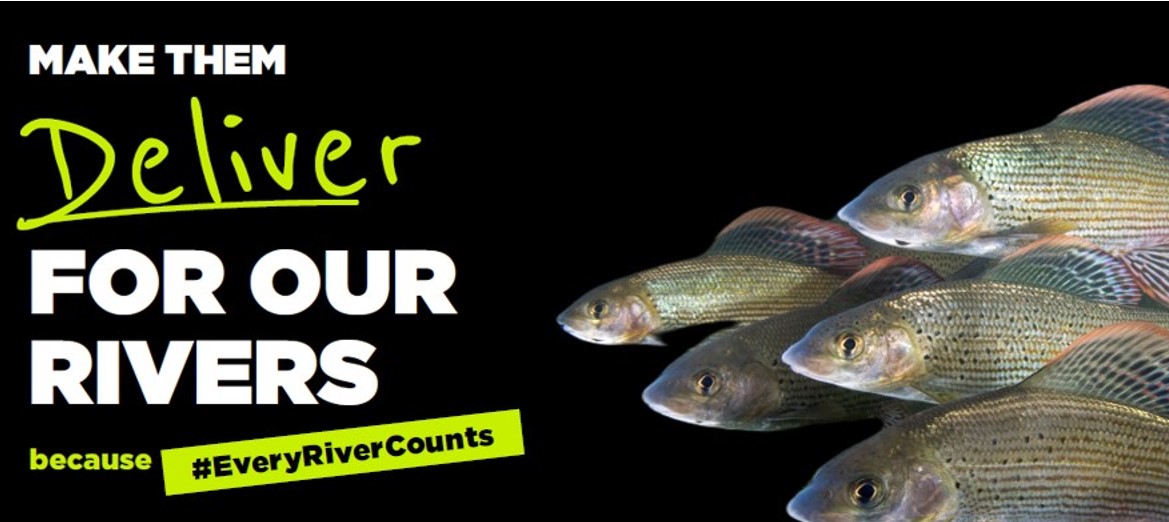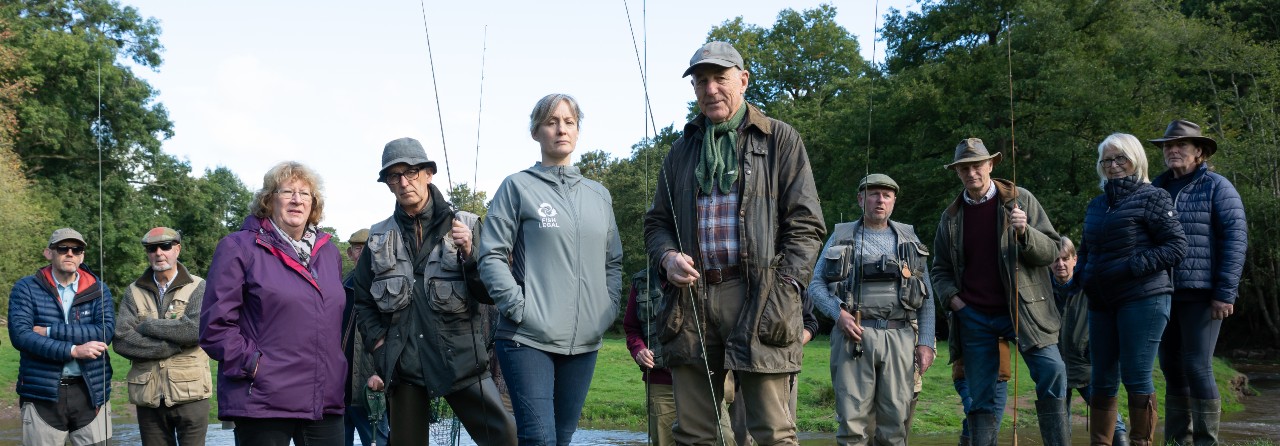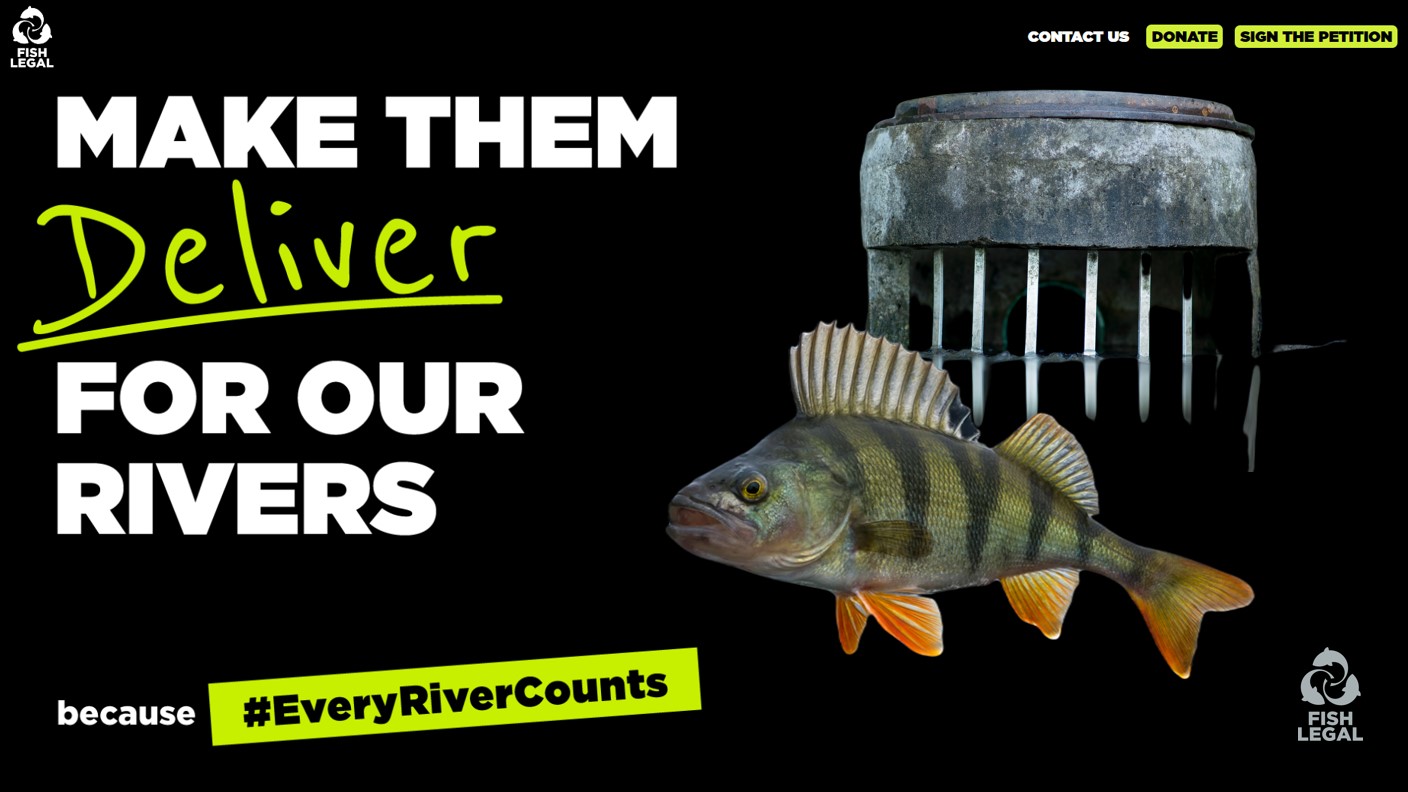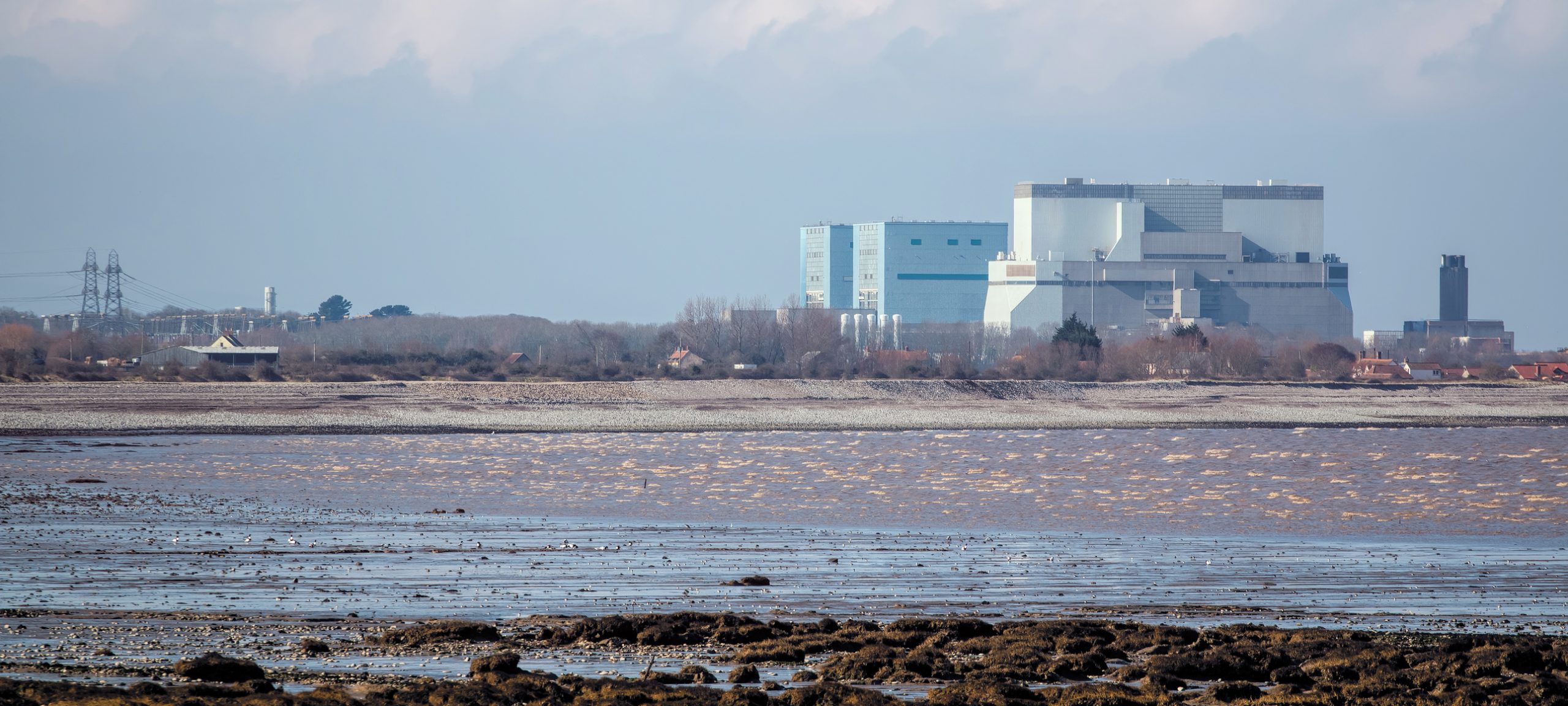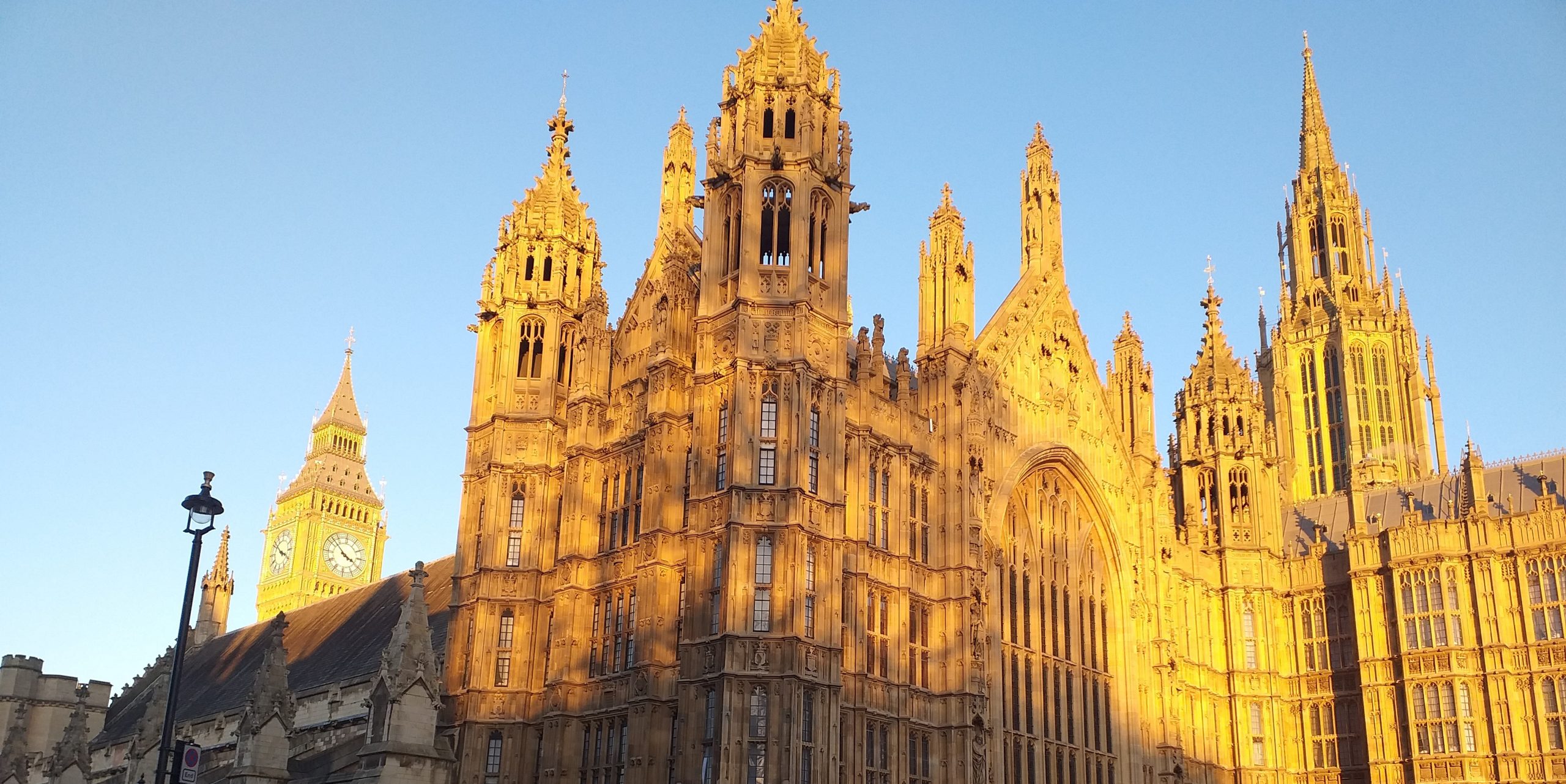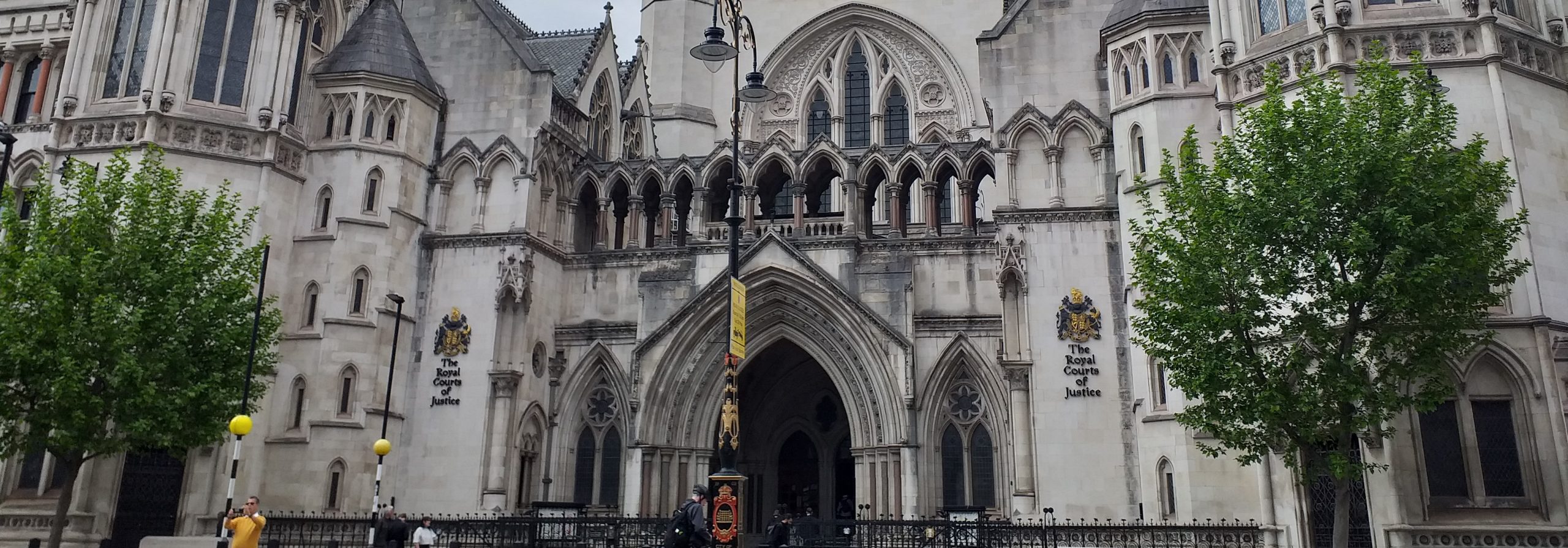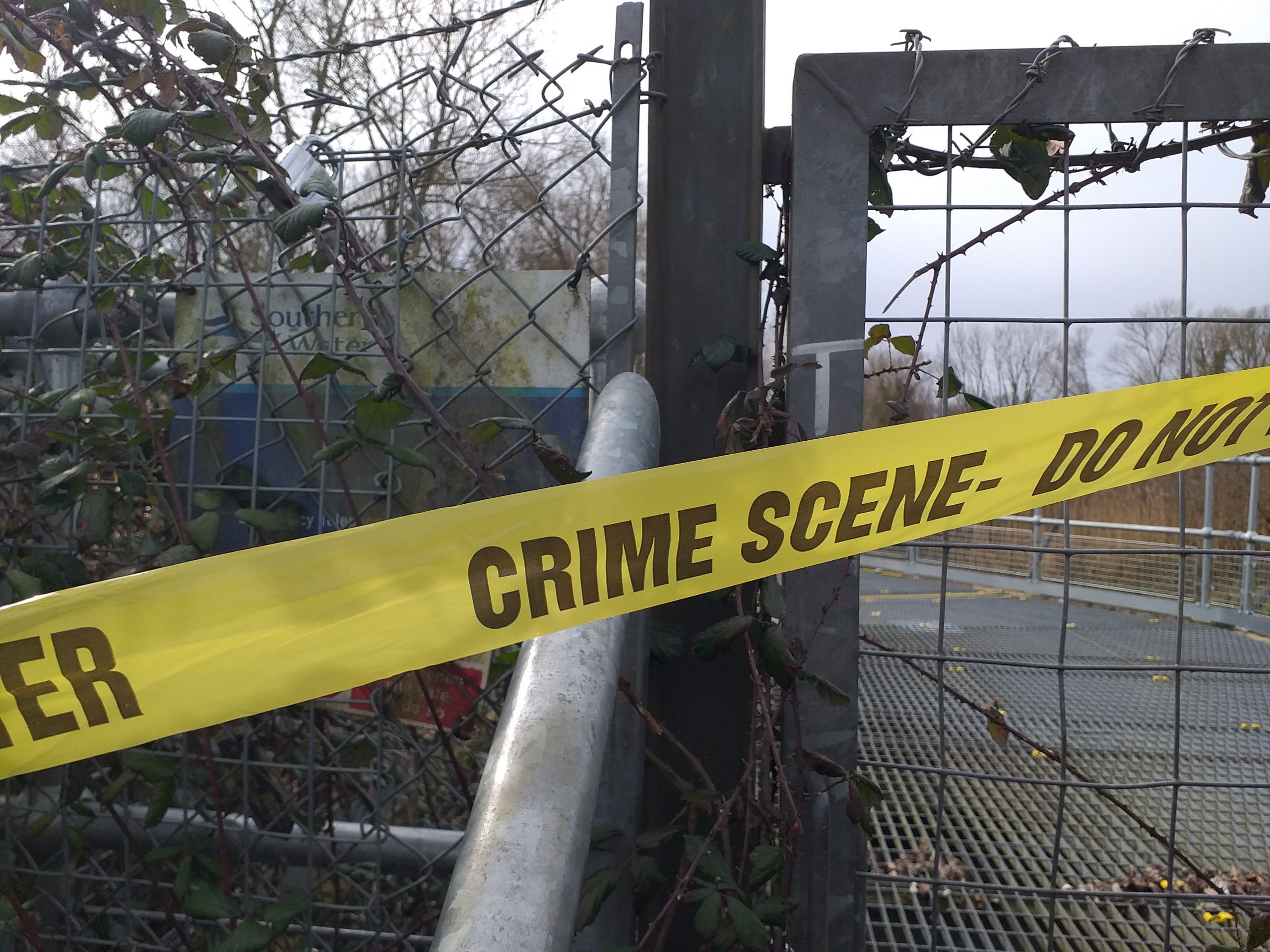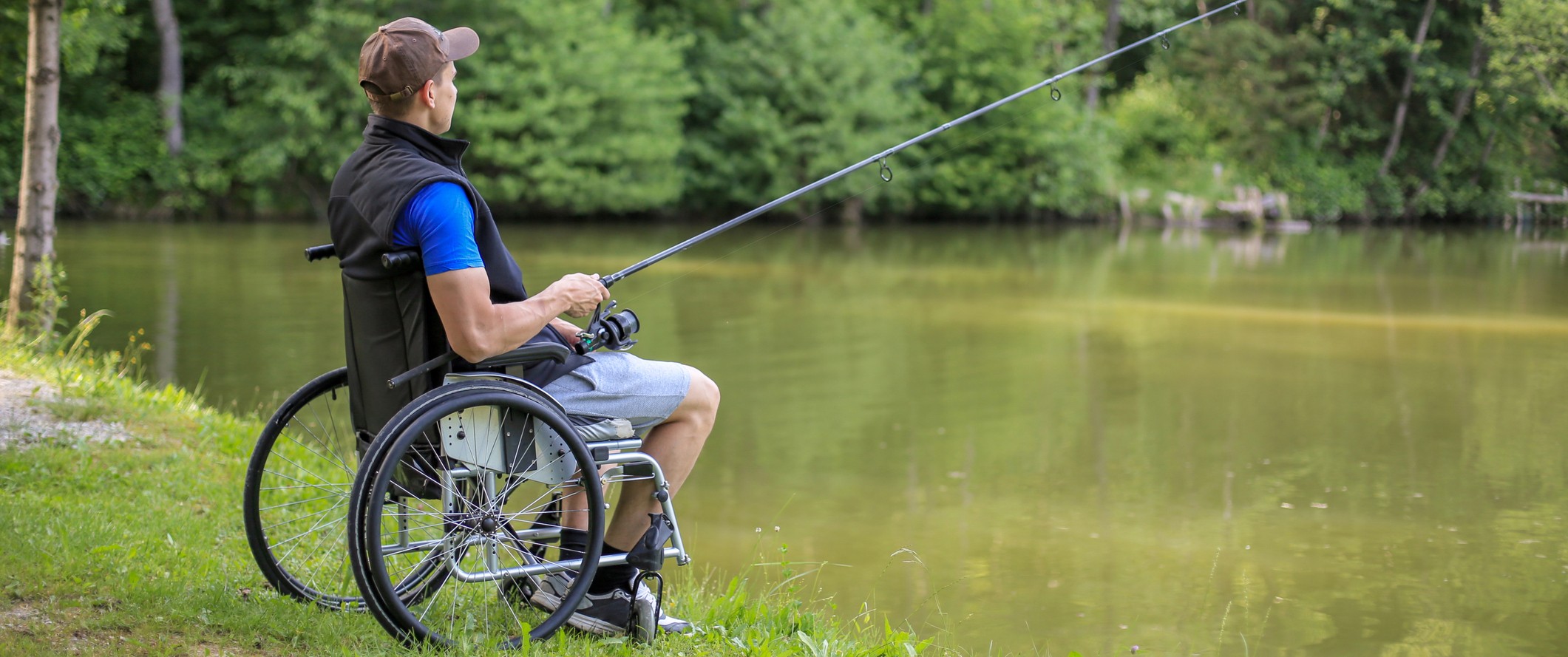News
Anglian Water ordered to pay indemnity costs following River Cam pollution
Anglian Water has been ordered to pay “Indemnity” costs by a judge following a long saga of litigation after a sewage pollution of the River Cam in 2013.
Anglian Water lost at trial in October 2019 and was ordered to pay the Cambridge Fish Preservation and Angling Society (CFPAS) for restocking the River Cam following the pollution which wiped out hundreds of fish, including specimen bream.
The water company then appealed but its application was dismissed by the Court.
Now the Court has ruled that the utility – which last September reported half-year underlying profit before tax of £54.7 million – will need to pay indemnity costs (rather than standard or ordinary costs) because of its unreasonable conduct, including its late admission of liability and failure to agree to meet to negotiate a settlement.
In discussing the behaviour of the water company, Deputy District Judge Evans said that “this was a case where the Claimant, a company with very modest resources and limited by guarantee, became involuntarily caught up in attritional litigation with one of the largest, best resourced and powerful companies in the country: it had caught a tiger by the tail.“
Graham Tweed, President of CFPAS, said: “CFPAS always adopts a partnership approach when dealing with other stakeholders and agencies. We were disappointed with the attitude of Anglian Water. We found ourselves having to take legal action to finally achieve justice. It would have been far better for Anglian Water to have worked with us to achieve an early resolution to restock the river. Sadly, Anglian Water chose not to work with us. I am delighted the Judge has awarded costs in recognition of the huge amount of work done by the team at Fish Legal.”
Fish Legal Solicitor, Justin Neal, added: “I would hope that in the future, this company – or indeed any other causing pollution – will be minded to meet at the earliest opportunity to find a way of restoring the environment, compensating the anglers and avoiding lengthy litigation that benefits no-one.”
